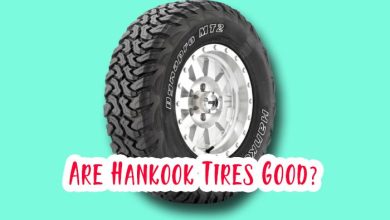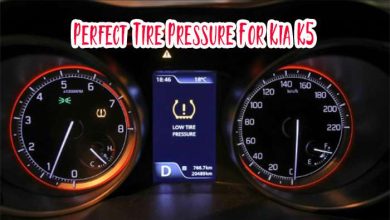Continental Tires VS Yokohama Tires | Key Differences
Driving down the tire aisle can be as daunting as navigating a maze. As a tire enthusiast, I understand the confusion surrounding the choice between Continental Tires and Yokohama Tires.
Let’s unravel the mystery and explore the legacy, options, and real-world experiences that set these tire giants apart.
Another difference between the brands of tires is Bridgestone Tires vs Michelin Tires.
History and Legacy of Continental Tires
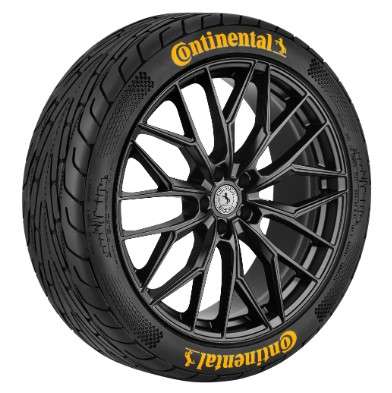
Continental Tires has a rich history dating back to 1871. Originating in Germany, they’ve pioneered tire technology with a legacy of innovation.
Continental has a track record of excellence from supplying the first grooved tires in 1904 to developing the groundbreaking ContiSportContact in 1999.
History and Legacy of Yokohama Tires
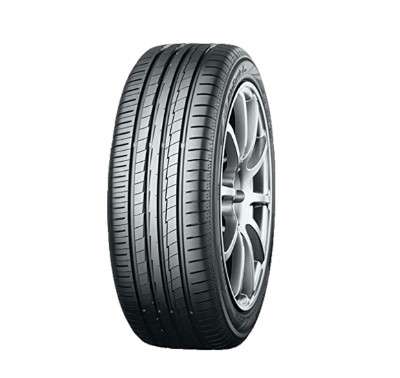
On the other side of the globe, Yokohama Tires has been making waves since 1917 in Japan.
Their journey includes producing Japan’s first corded tires and introducing groundbreaking advancements like the ADVAN series.
Yokohama’s commitment to performance and quality is deeply rooted in its heritage.
Range of Tire Options Offered by Continental
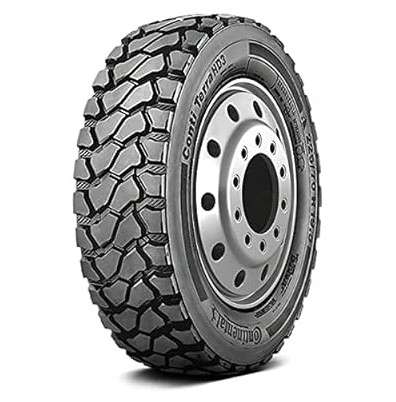
When it comes to variety, Continental offers a comprehensive range to cater to diverse driving needs.
From high-performance tires like the ExtremeContact Sport to all-season reliability with the PureContact, Continental ensures a tire for every road and season.
- ExtremeContact Sport: Unleash the thrill of the road with maximum performance.
- PureContact: Navigate any weather with confidence and comfort.
Range of Tire Options Offered by Yokohama
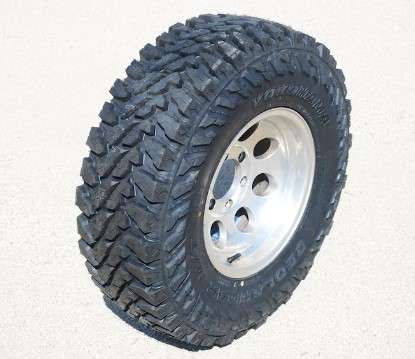
Yokohama doesn’t fall short in diversity, either. Their lineup boasts cutting-edge options catering to different driving preferences.
Whether it’s the ADVAN Sport for sports car enthusiasts or the Geolandar A/T G015 for off-road explorers, Yokohama has it covered.
- ADVAN Sport: Elevate your driving experience with top-notch sports performance.
- Geolandar A/T G015: Conquer off-road terrain without compromising on-road comfort.
Continental Tires vs Yokohama Tires: 7 Key Differences
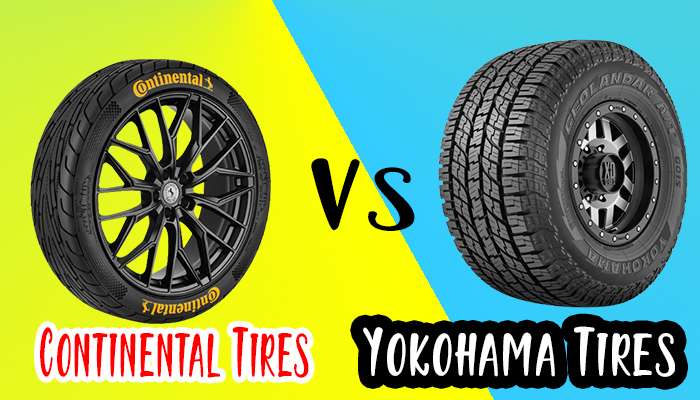
When choosing between Continental Tires and Yokohama Tires, it’s crucial to understand the nuanced differences that can significantly impact your driving experience.
Here, we delve into seven key distinctions that set these tire titans apart, ensuring you make an informed decision tailored to your needs.
1. Tread Design
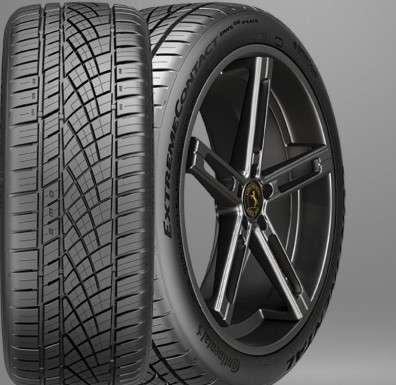
Continental Tires: Renowned for precision engineering, Continental often employs asymmetrical tread patterns.
This design optimizes traction and handling, giving drivers confidence on various road surfaces.
Yokohama Tires: Yokohama prioritizes performance through variable pitch tread designs.
This innovative approach enhances stability while reducing road noise, contributing to a smoother and more enjoyable driving experience.
2. Wet Weather Performance
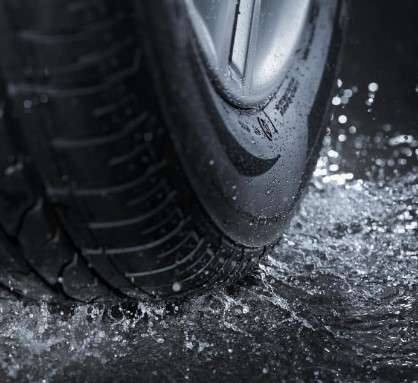
Continental Tires: Leveraging innovative tread compounds and grooving designs, Continental excels in wet weather conditions.
The result is superior grip and handling on rain-soaked surfaces, ensuring safety and control for the driver.
Yokohama Tires: Yokohama’s commitment to optimal wet traction is evident in its advanced silica compounds and circumferential grooves.
These features work in tandem to enhance water evacuation, minimizing the risk of hydroplaning and ensuring a secure grip on wet roads.
3. Comfort and Noise
Continental Tires: Beyond performance, Continental places a strong emphasis on comfort.
Technologies like ContiSilent are integrated to reduce road noise, providing a quieter and more enjoyable ride without compromising on handling.
Yokohama Tires: Yokohama addresses the comfort aspect by incorporating noise-dampening features.
Drivers can expect a quiet and smooth driving experience, contributing to an overall sense of comfort during their journeys.
4. Performance in Snow

Continental Tires: If you navigate snowy and icy conditions, Continental has you covered.
The WinterContact™ series exemplifies their commitment to providing reliable performance in winter weather, offering enhanced traction and control.
Yokohama Tires: Yokohama’s response to winter driving challenges comes in the form of the ice guard series.
These tires showcase Yokohama’s dedication to ensuring optimal performance in snow and icy conditions, catering to drivers in colder climates.
5. Price Range
Continental Tires: Positioned as a premium brand, Continental tires often come with a higher price tag.
This premium reflects the cutting-edge technology and quality materials that characterize the brand.
Yokohama Tires: Yokohama strikes a balance between performance and affordability.
While maintaining a commitment to quality, Yokohama offers a more accessible price range, making their tires an attractive option for a broader range of drivers.
6. Eco-Friendly Options

Continental Tires: Embracing sustainability, Continental offers eco-friendly tire options such as the EcoContact series.
These tires deliver on performance and contribute to minimizing environmental impact.
Yokohama Tires: Yokohama joins the sustainability movement with options like the BluEarth series.
These eco-friendly tires showcase Yokohama’s dedication to environmentally conscious practices without compromising on performance.
7. Warranty Coverage
Continental Tires: Often providing extensive mileage warranties, Continental demonstrates confidence in the durability and longevity of its tires.
This added assurance speaks to the brand’s commitment to customer satisfaction.
Yokohama Tires: Backed by solid warranties, Yokohama emphasizes reliability and customer peace of mind.
These warranties underscore Yokohama’s dedication to producing durable and trustworthy tires.
Real User Experience

Now, let’s steer into the real-world experiences of drivers who’ve chosen either side of the tire divide.
- Team Continental: Users praise the precision and control offered by Continental tires, especially in challenging weather conditions. The grip and longevity often justify the investment.
- Team Yokohama: Yokohama users appreciate the smooth and comfortable rides and the wallet-friendly price tags. The all-season capabilities of Yokohama tires also earn them a loyal following.
My Personal Experiences
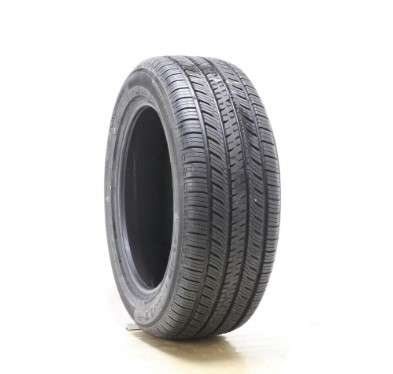
As a self-proclaimed tire fan, I’ve enjoyed experiencing both Continental and Yokohama on the road.
While Continental’s precision and performance left me in awe during spirited drives, Yokohama’s affordability and durability shone through during everyday commutes.
It’s a personal choice concerning your driving style and preferences.
Conclusion
Choosing between Continental Tires and Yokohama Tires ultimately depends on your driving needs and preferences.
Whether you prioritize performance, comfort, or affordability, both brands offer stellar options. Let’s share our insights, creating a tired community where experiences guide choices.
Have a tired story to tell? Share your experiences and projects with the community. Let’s build a hub of knowledge for fellow tire enthusiasts.
Glossary
- Tread Patterns: The arrangement of grooves and channels on a tire’s surface influences traction and handling.
- Silica Compounds: Advanced materials enhancing tire flexibility, grip, and fuel efficiency.
- Mileage Warranty: A guarantee manufacturers provide on the number of miles a tire can cover.
- ContiSilent: Continental’s technology reduces road noise for a quieter ride.
- Variable Pitch Tread Design: Tread pattern with varying pitch angles for reduced road noise.
- Eco-Friendly Tires: Tires designed with sustainability in mind, minimizing environmental impact.
